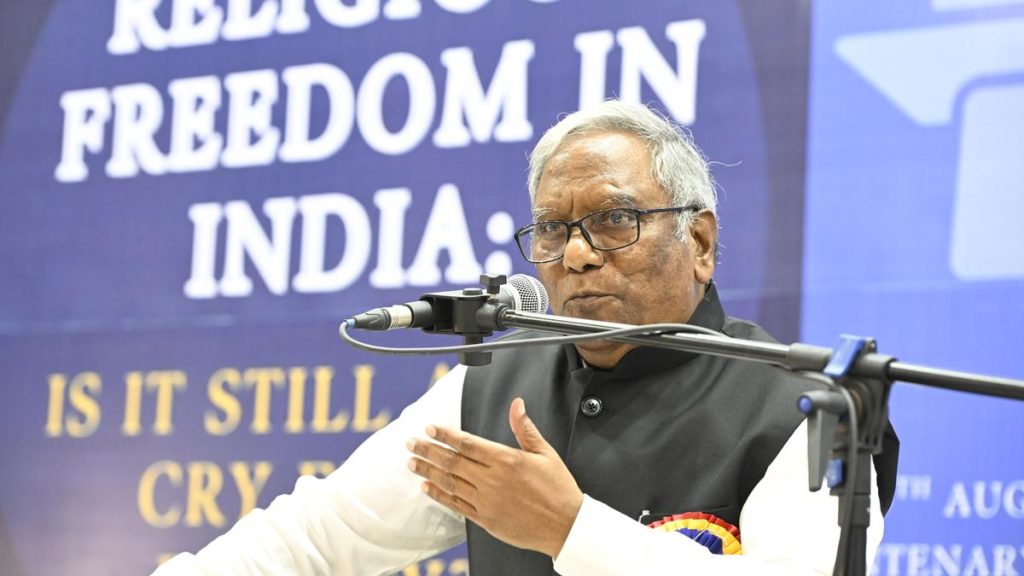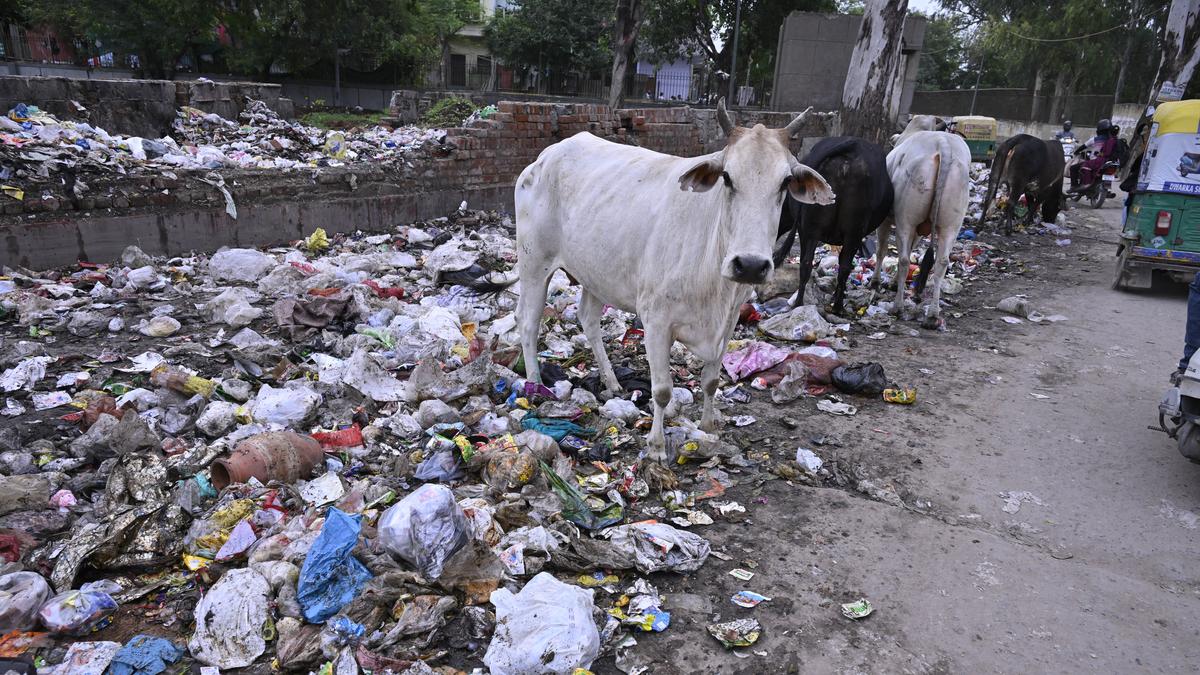Now Reading: Govindan Suggests Mobilizing Believers Against Hindutva Ideology
-
01
Govindan Suggests Mobilizing Believers Against Hindutva Ideology
Govindan Suggests Mobilizing Believers Against Hindutva Ideology
Swift Summary
- CPI(M) State secretary M.V.Govindan spoke at a seminar titled “Theocratic state: In India and abroad,” organized by the Keluettan Center for Study and Research in Kozhikode on August 9, 2025.
- Govindan urged secular, progressive-minded individuals and religious believers to unite against what he termed the Rashtriya Swayamsevak Sangh-Bharatiya Janata Party (RSS-BJP) combine’s push for a “neo-fascist rule.”
- He stated that India is currently under a “partially militaristic management” with control over constitutional institutions like the Comptroller and Auditor general of India, Enforcement directorate, Central Bureau of Investigation, and sections of the judiciary.
- Allegations were made regarding BJP spokespersons being nominated as judges.
- The leader warned that transitioning to a fully militaristic administration could lead to neo-fascism under Hindutva ideology.
- Other divisive forces mentioned included organizations such as Jamaat-e-Islami and Church Auxiliary for Social Action.
- Academics K.M. Seethi and A.M. Shinas presented papers during the seminar.
Indian Opinion Analysis
M.V. Govindan’s remarks reflect growing debates about governance in contemporary India,especially regarding political influence on constitutional institutions. His characterization of India’s current administration as “partially militaristic” raises concerns about institutional independence. while partisan perspectives may color these critiques, they underline broader questions about judicial appointments and executive control over agencies central to democracy.
The inclusion of polarizing groups alongside RSS-BJP suggests an overarching call to address any ideological divisions threatening social cohesion in India’s secular framework. However,his assertion that communal groups mutually benefit from conflicts provides useful insight into potential unintended consequences of identity-based politics.
if these criticisms prompt increased scrutiny or dialog about institutional integrity or communal harmony across sectors-religious or political-it could strengthen democratic safeguards going forward.
Read more: The Hindu
























